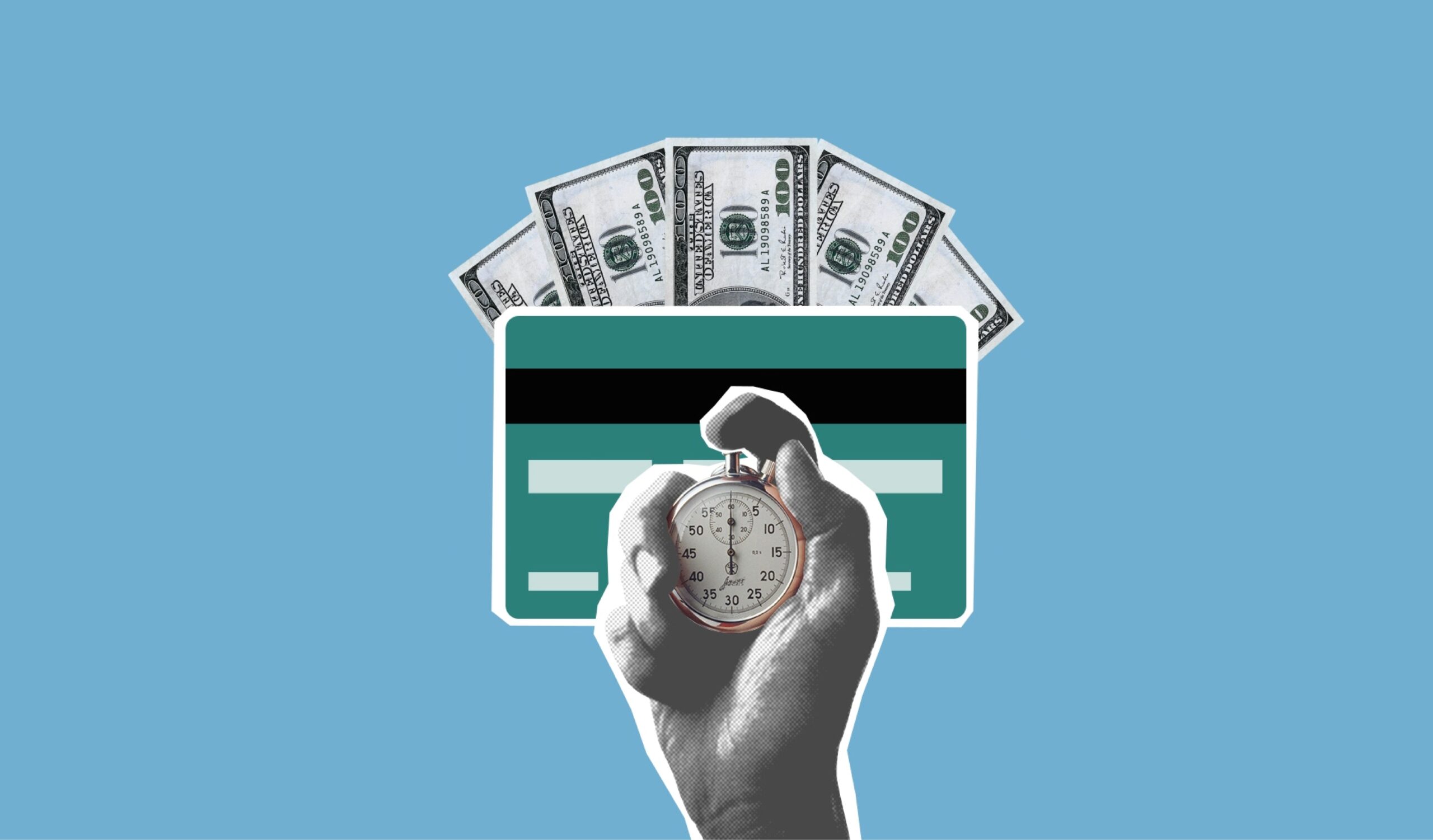Understanding Your IRS Tax Debt and Options.
What is Tax Debt?
Anytime you forget to file your taxes, pay your taxes or there is a mistake on your taxes or some type of error, tax debt is incurred which results in the IRS sending you letters which can lead to action taken such as lien, levy, wage garnishment, suspension of driver’s license and passport and more.
If you are concerned and owe a tax debt to the IRS, you’re not alone. In 2017 over 800,000 American taxpayers had delinquent accounts. Thankfully the IRS offers a great program called the Fresh Start Initiative or Fresh Start Program which is designed for taxpayers to resolve their tax debt. This program includes an Installment Agreement, Penalty Abatement, Currently Non-Collectible, and an Offer In Compromise.
Do You Owe The IRS Tax Debt? Here’s what you need to know:
Understanding the basics of how to deal with the IRS can make the process easier. You can find out how much you owe the IRS online, over the phone, at an IRS office, or by mail. The IRS has many options to help pay your tax debt, reduce tax debt, or correct a previously filed tax return. When you have a professional tax firm like Fresh Tax Solutions handle that part for you we can help you get fully compliant with the IRS.
Does IRS Tax Debt have a Statute of Limitations?
The statute of limitation is 10 years from when the penalty is assessed also known as Collection Statute Expiration Date (CSED). This means when the date is passed the expiration date the IRS has no choice but to forgo that debt.
Received a letter from the IRS?
Receiving a letter from the IRS is an extremely serious matter because the IRS only sends letters if there’s an issue with your tax return or tax status. You might have a balance due or there might have been a mistake with the size of your refund. The IRS also might have a simple question regarding your tax return, or they want to notify you about a delay.
You should carefully read the letter and figure out what the issue is. Responding to a letter from the IRS as soon as possible can benefit you. You’ll have a better idea of what plan of action you should take or seek assistance from a professional tax firm like Fresh Tax Solutions. No matter what, don’t leave an IRS letter unanswered.
What are IRS penalties?
When income tax is not paid or if your tax returns are filed incorrectly, you might have an outstanding tax debt balance with the IRS. There are two major types of underpayment penalties to the IRS. First is filing your tax return and you didn’t prepay enough taxes through withholding or estimated tax payments. The federal treasury determines the penalty rate each quarter during the tax year. The second type of underpayment penalty is when your taxes are not paid by the due date of your tax return. The penalty starts at 0.5% and can increase monthly up to 25% of the total taxes owed. Penalties are incurred monthly and interest is compounded daily and is snowballing which can be unbearable. The IRS may take more action such as taking your tax refund each year until your tax balance is paid off. The IRS can also garnish your wages, put liens on your property, and much more.
How can I settle my tax debt?
For the IRS to approve a tax settlement, you must be in compliance with the IRS, which means all tax returns must be filed and current. Once your taxes are current you can do a few things, pay in full, offer in compromise, installment agreement, penalty abatement, and lastly currently non-collectible.
Can I negotiate my IRS tax debt or can the IRS forgive my tax debt?
The IRS has a fiduciary duty to collect all tax debt and it is within the IRS’s best interest to effectively collect taxes on behalf of the government. However, the IRS also encourages taxpayers to pay voluntarily. The IRS may allow taxpayers to negotiate their tax debt only if it is mutually beneficial to the IRS’s collection standards and if the taxpayer shows a reasonable ability to pay. The IRS doesn’t usually forgive tax debt, they may be willing to negotiate if they see that you are in a hardship and don’t have the ability to pay.
What if I can’t pay the IRS my tax balance?
If you are experiencing economic hardship or a financial difficulty and paying your IRS tax balance would create a financial hardship and result in you not being able to pay for essential living expenses the IRS may consider the debt Currently Non Collectible (CNC). This would give you a chance to take a breath and give you time to pay the IRS the tax debt you owe. A Currently Non Collectible will also place a temporary hold on IRS attempting to collect the total tax balance. Although, a Currently Non Collectible may offer temporary relief from collections however, your IRS tax debt is still accruing interest and penalifties that is being add on to your total tax balance.
If you dont know how to deal with the IRS and having a hard time understanding the current tax situation you are in, consider having a professional tax resolution company like Fresh Tax Solutions help you deal with your tax debt and set up a payment plan. We can also help you avoid tax scams and fraud.
Can the IRS debit my paycheck?
By law the IRS is required to allow you to pay your household expenses before they can take any amount out of your paycheck. The IRS wont take your whole pay check. The amount the IRS takes is determined by your filing status, how many dependents you claim and how often you are paid.
Why Fresh Tax Solutions?
Fresh Tax Solutions is Americas most trusted tax relief firm. Our tax professionals will work with you on a personal level, and hold your hand through this difficult process. We understand how difficult dealing with IRS tax debt can be. Call us today and one of our tax experts can guide you to the path of tax relief.





